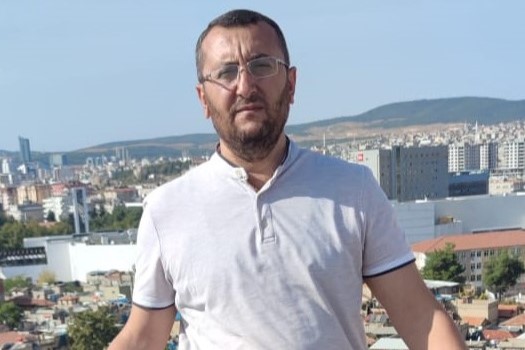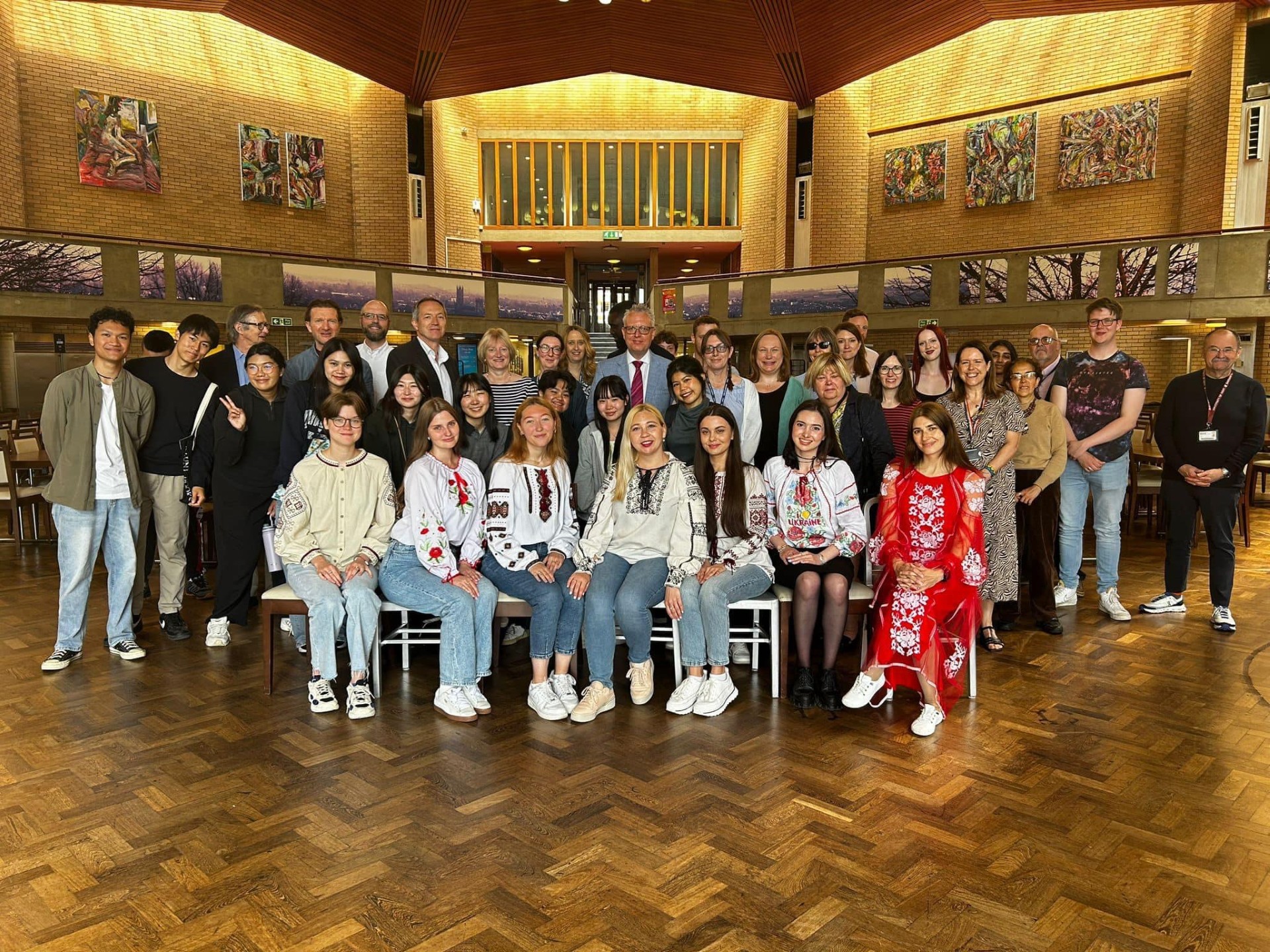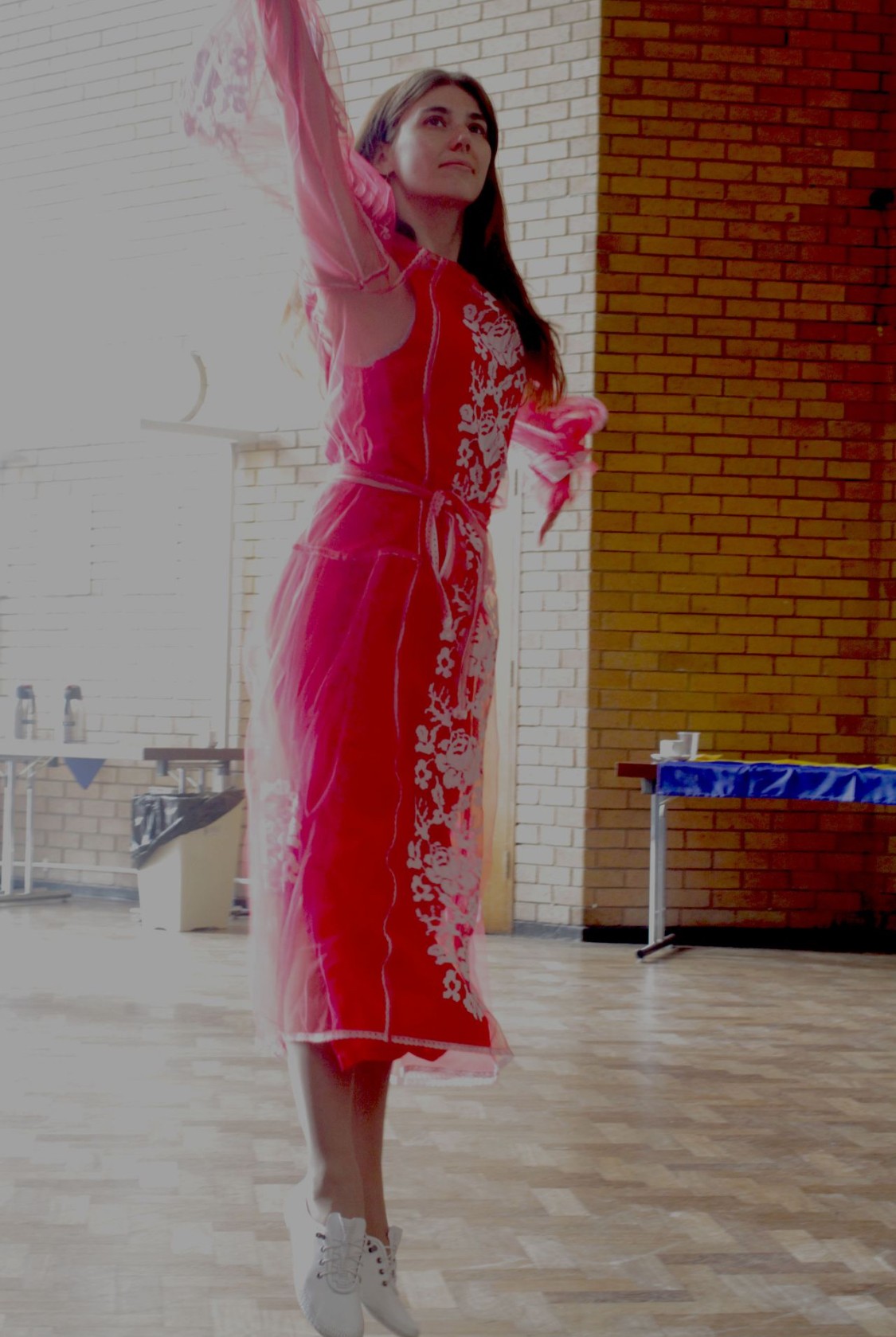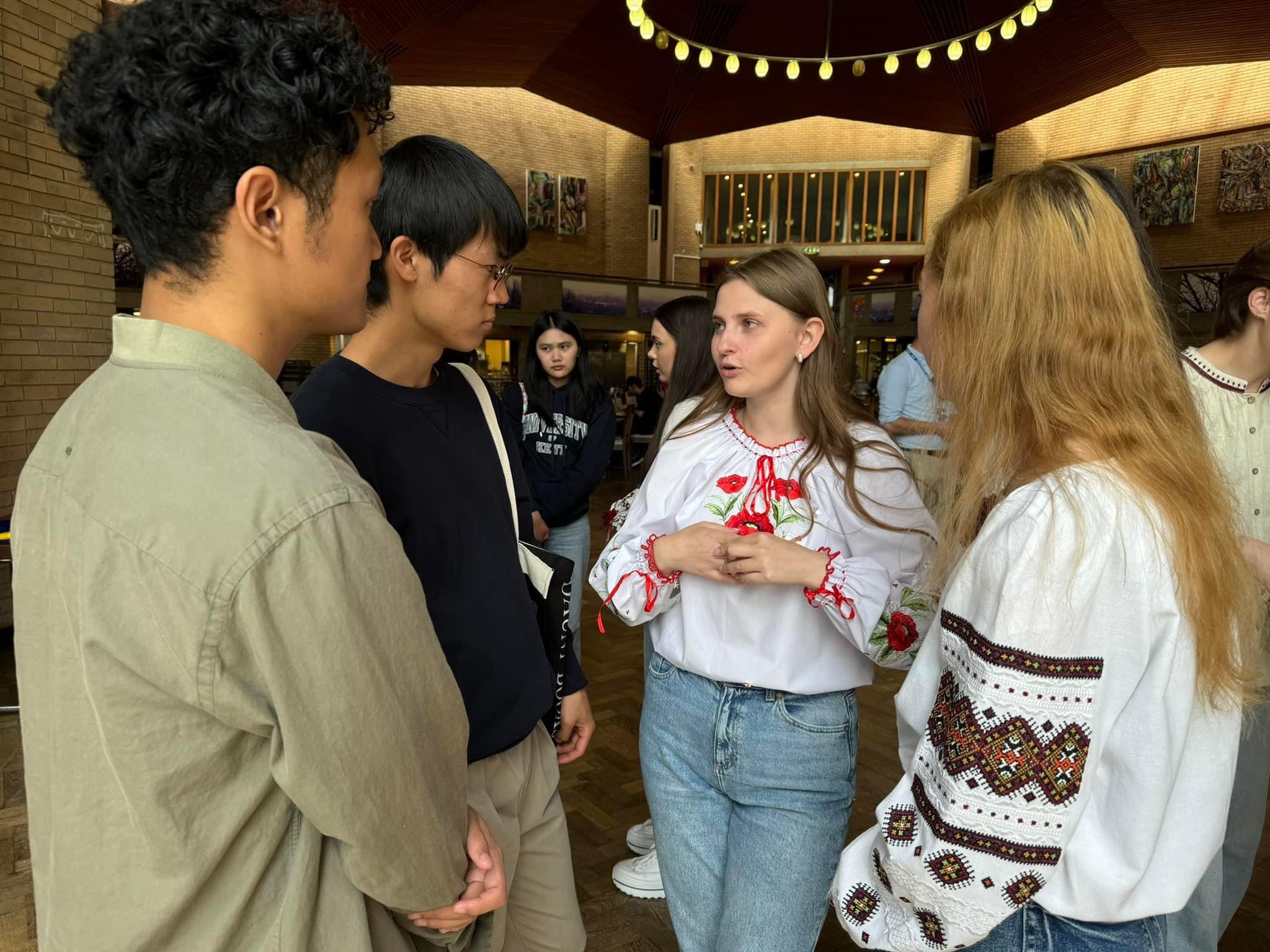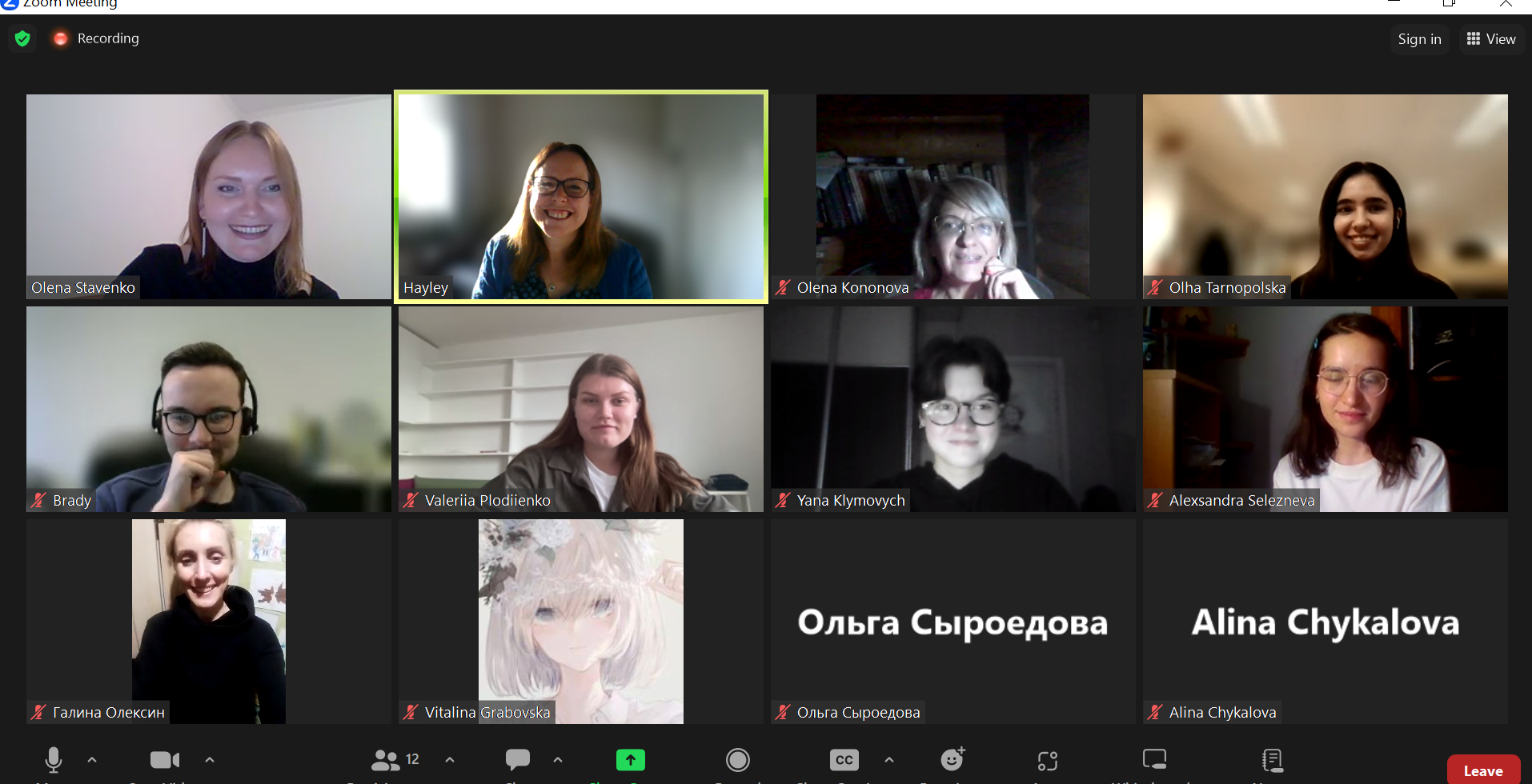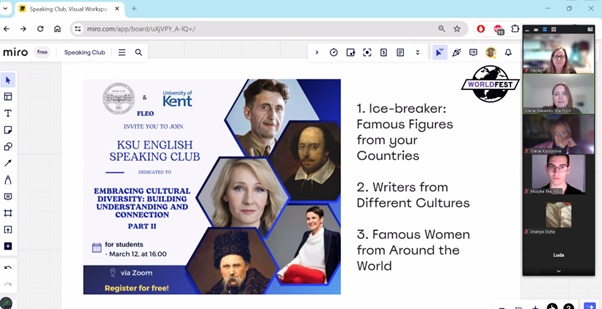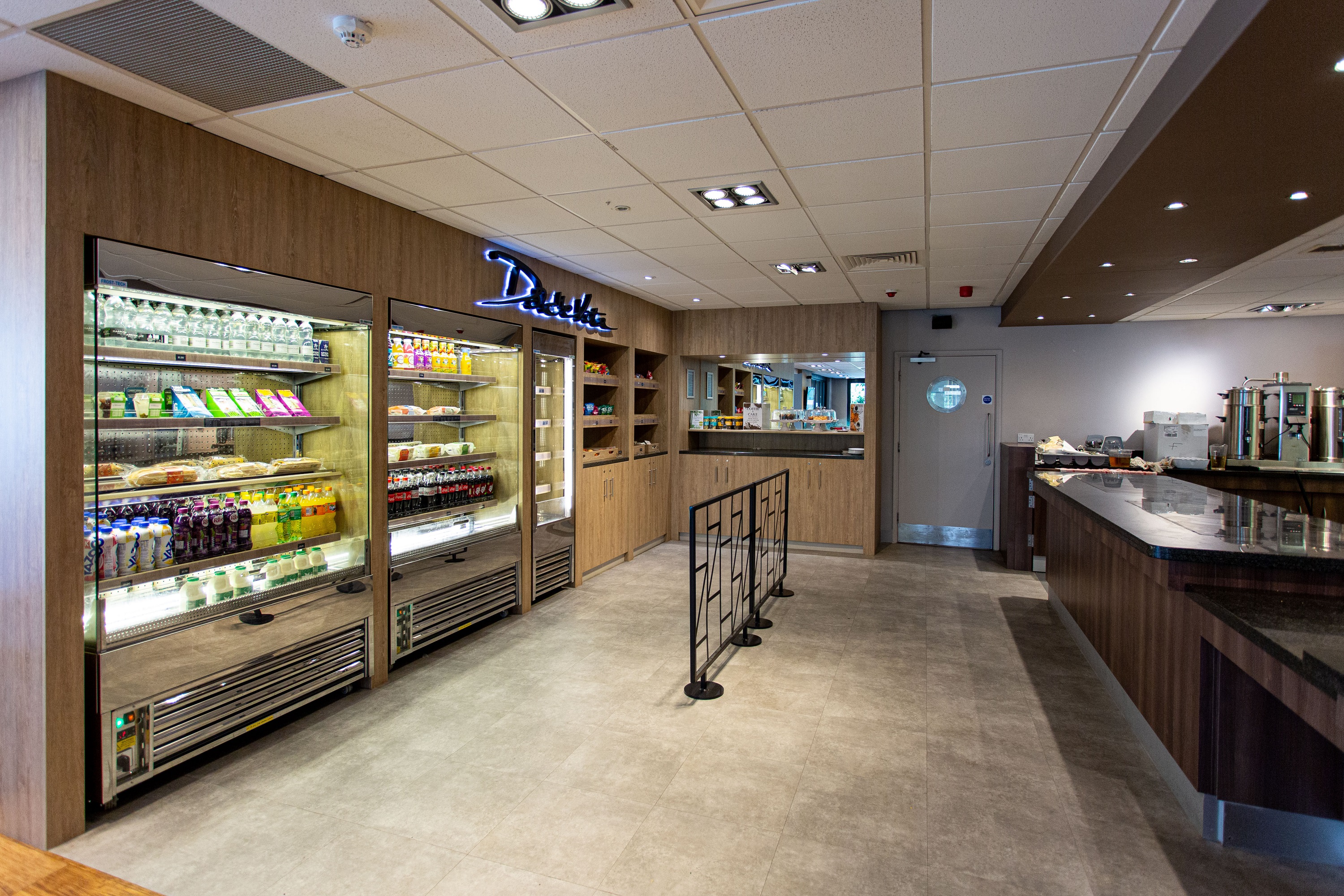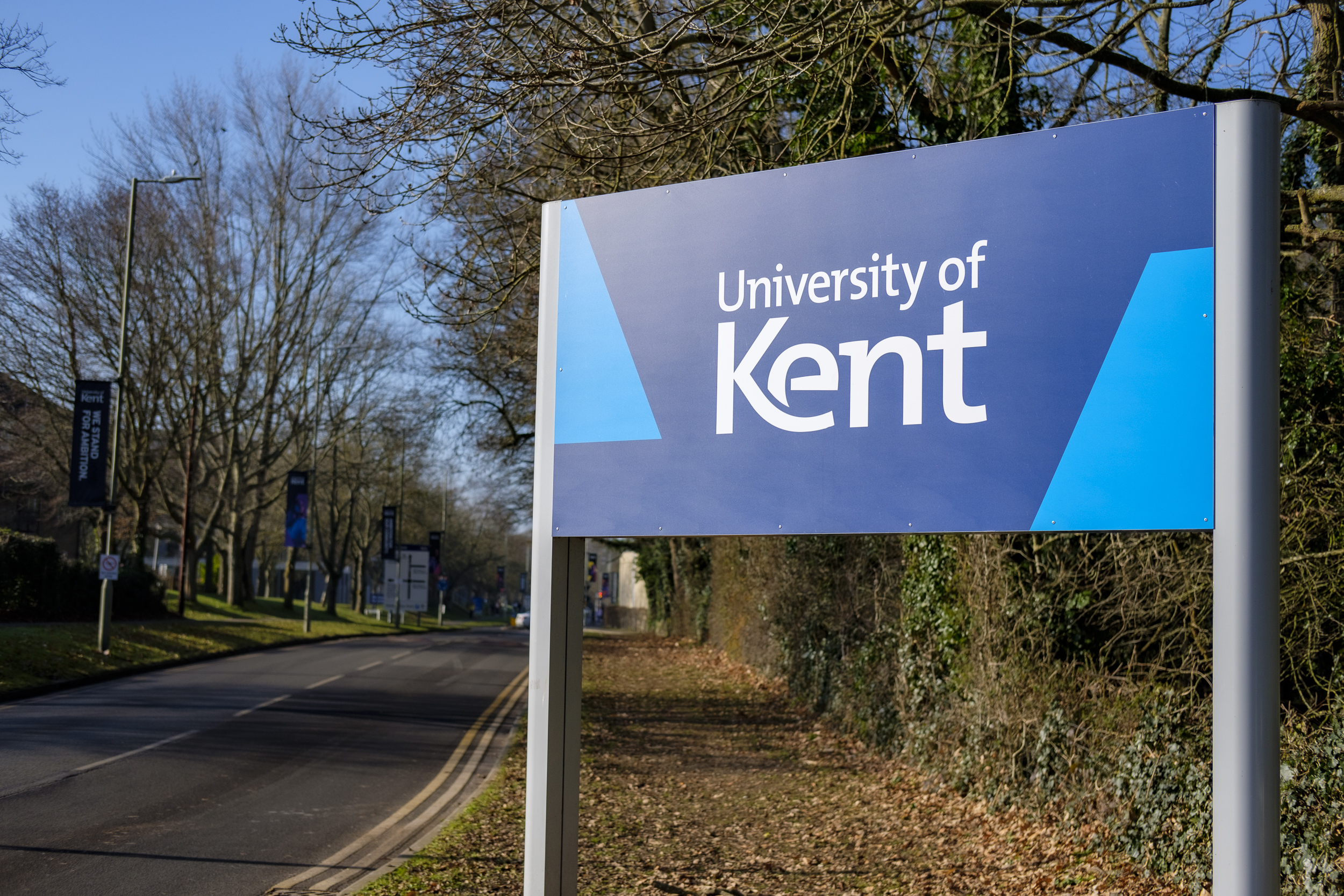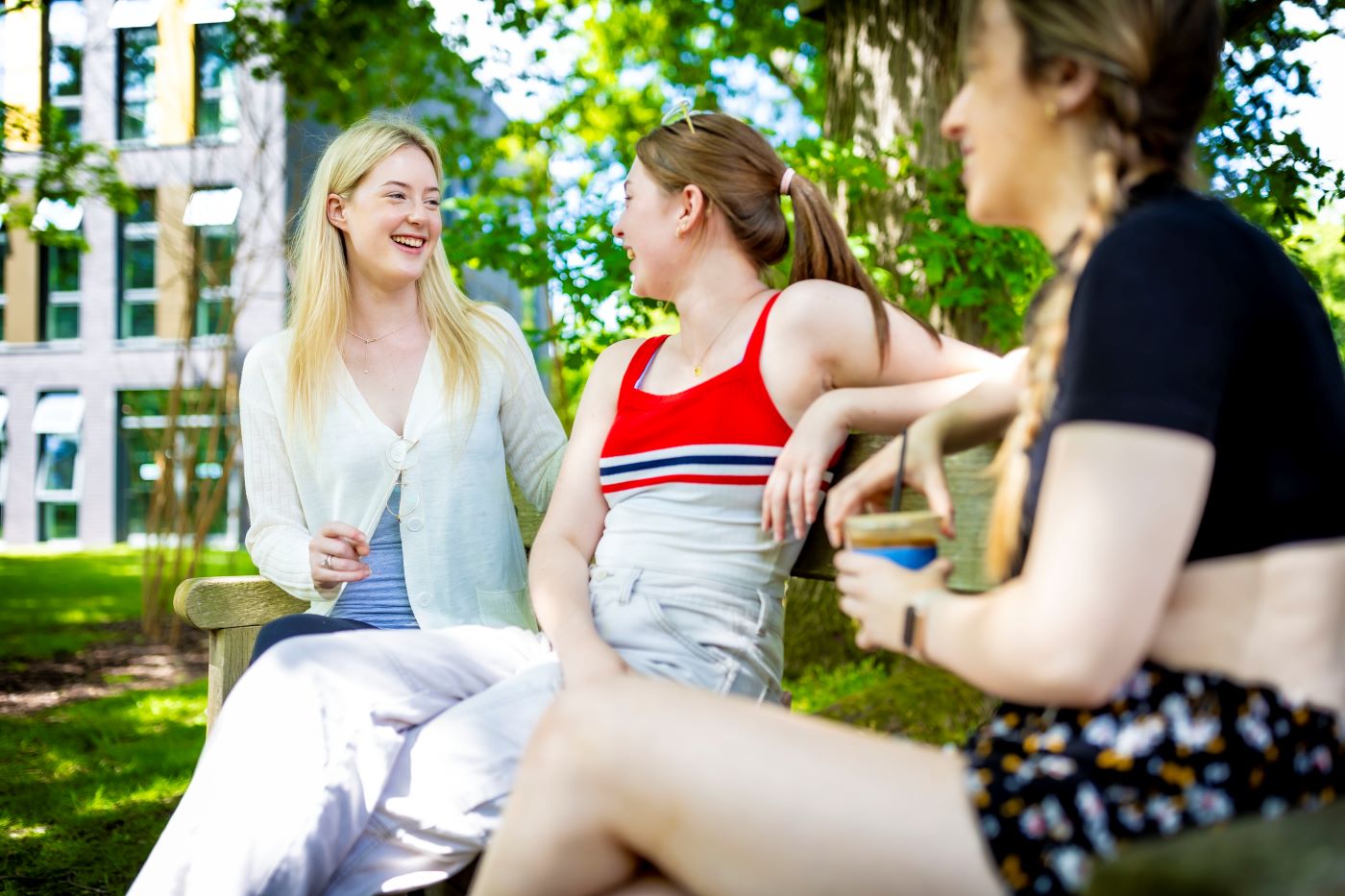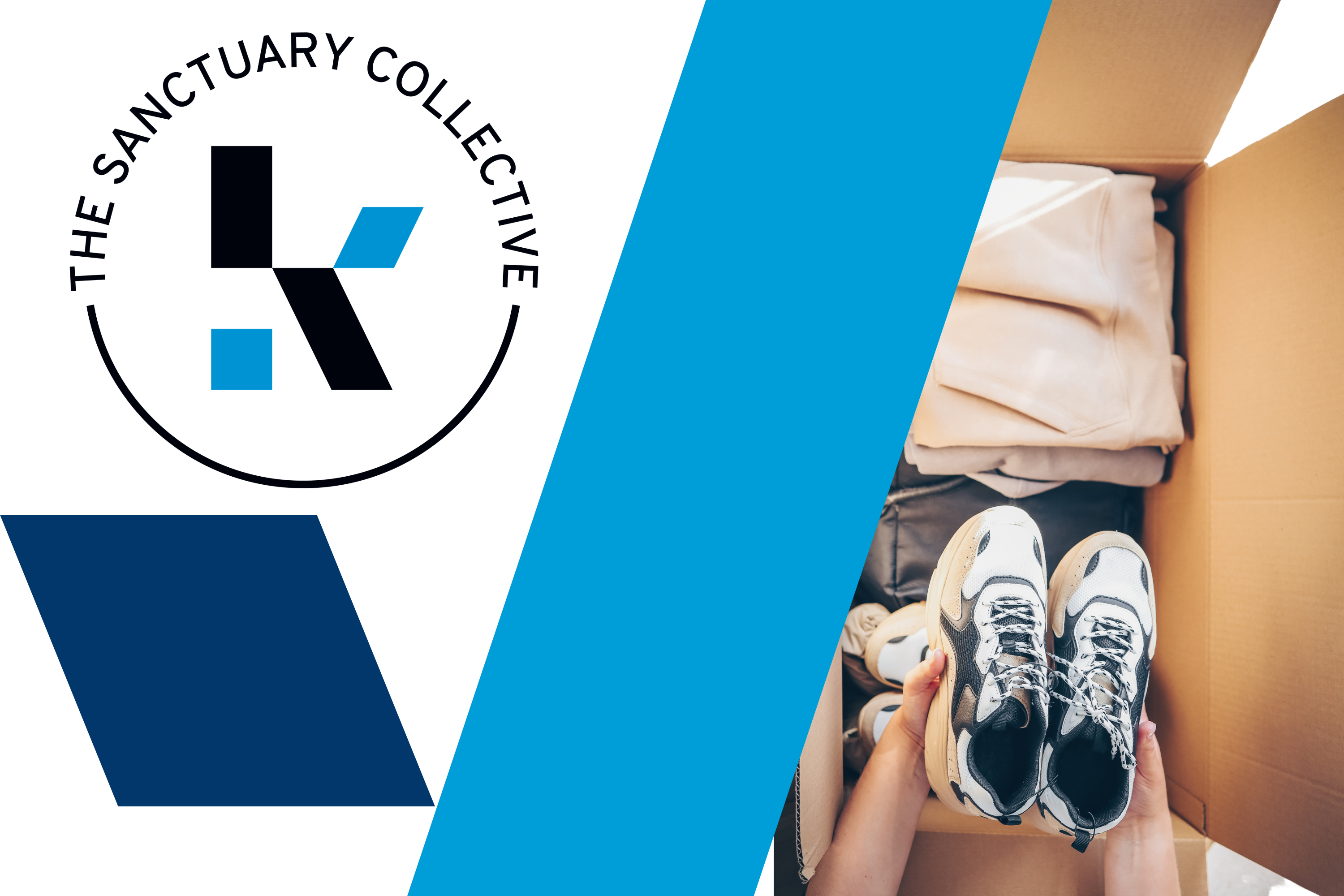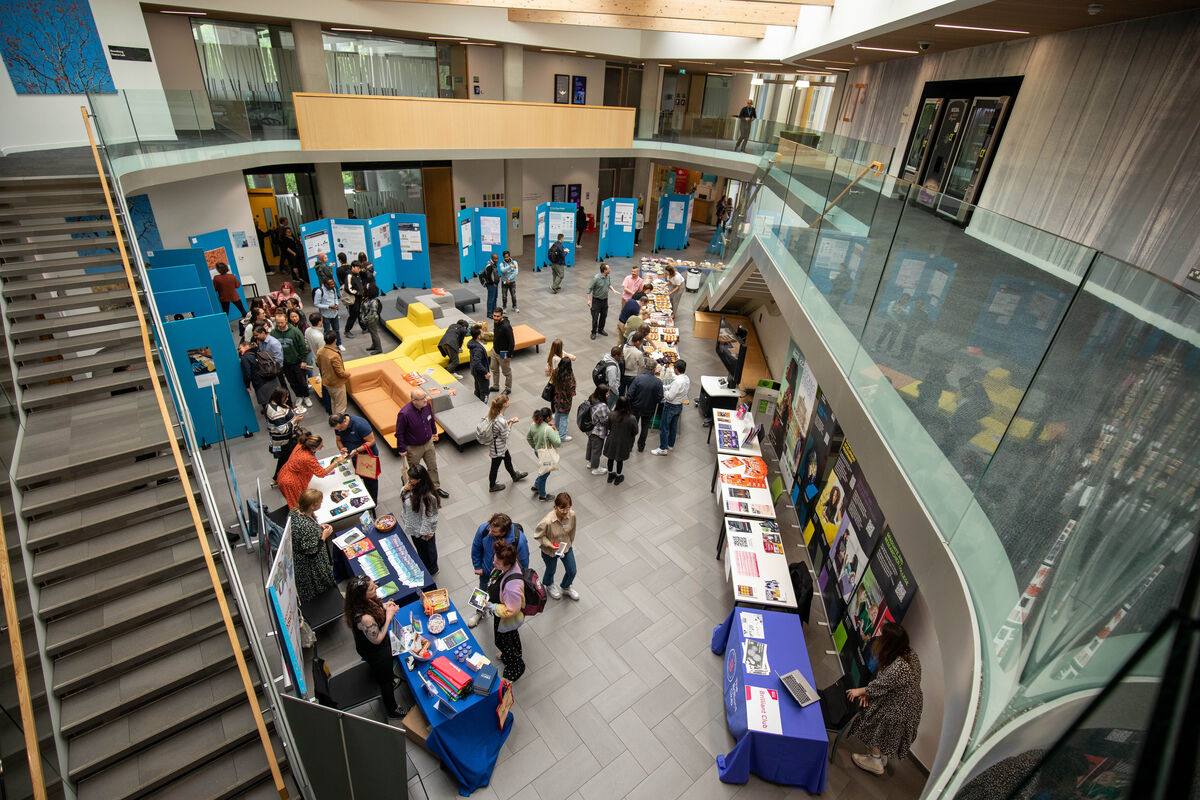Article by Hayley Snoding | International Projects Officer
Celebrating a remarkable 15-year relationship with the Council for At-Risk Academics (CARA), our institution remains deeply committed to supporting academics facing perilous circumstances. This collaboration not only underscores the importance of academic freedom and humanitarian support but also highlights our ongoing dedication to fostering a safe and nurturing environment for scholars in need.
The Importance of Our Partnership with CARA
For nearly 15 years, our institution has proudly partnered with CARA (the Council for At-Risk Academics), providing essential funds to support at-risk fellows on an annual basis. CARA, which celebrated its 90th anniversary last year, has utilised these funds to assist fellows in completing their studies and postdoctoral research at our university. This enduring relationship has been bolstered by the significant time contributions made by our university community, who go above and beyond their regular duties to support at-risk academics worldwide. This collaborative effort is a key component of our work to become a University of Sanctuary, demonstrating our commitment to humanitarian support.
Supporting At-Risk Academics: Reham Hammadi and Dr Fateh Shaban
Since 2015 the University has supported eight CARA recipients from Syria, Iraq and Turkey. Most recently, our university has extended support to Reham Hammadi, a third-year studentship recipient, and Dr Fateh Shaban [pictured above], a second-year visiting fellow. Dr Anthony Manning, Dean for Global and Lifelong Learning, and Hayley Snoding, International Project Officer, met recently with Dr Shaban who provided a profound insight into the challenges faced by refugee academics. He shared his experiences of seeking employment, adapting to a new environment, and the critical role CARA’s programmes played in supporting Syrian academics. Dr Shaban also recounted his time as a representative of the National Syrian Coalition to the Syria Recovery Trust Fund, where he faced significant obstacles in delivering humanitarian aid to the Northwest of Syria due to political interference. He also talked about his work as an academic and his endeavour to support Syrian academics in the Northwest of Syria and in the diaspora. Dr Shaban emphasised the importance of direct and open communication in academic culture, career development, networking, and collaboration opportunities.
Who Are CARA?
Founded in 1933 by leading British academics and scientists in response to the expulsion of scholars from German universities on racial grounds, CARA is dedicated to the relief of suffering and the defence of learning and science. Over the decades, CARA has saved thousands of academics, although many more still require assistance. As a unique charitable organisation, CARA is deeply embedded in the UK higher education and research community, with 65% of UK institutions actively engaged in its work. CARA’s growing network of international partners extends its reach globally.
Dr Fateh Shaban’s Experience and Research
Dr Shaban, specialising in Human Geography, is currently collaborating with colleagues from the University of Kent and other British Universities. He expressed immense gratitude for the support provided by the School of Anthropology and Conservation, particularly in helping his children find schools and settle in the UK. Initially mentored by Robert Fish, he later found a valuable mentor and friend Jonathan Rock, who assisted him in submitting a research funding proposal and applying for a British Academy grant related to international aid and fieldwork. Recently, Dr Shaban attended a roundtable event, further enriching his academic journey. He is attending the RGS-IBG Annual International Conference in London in late August to share the findings of his current research with the broader academic community.
The Impact of CARA on Dr Shaban’s Career
Facing numerous challenges in his career, Dr Shaban graduated as a lecturer in 2003 and completed his PhD in 2013. After relocating to Turkey in 2014, he struggled to find work in Turkey due to the language barrier. Joining the CARA Syria programme in 2017, he found remarkable support, particularly through workshops and networking opportunities in the UK. His experiences illustrate the profound impact CARA can have on at-risk academics, offering them a lifeline and enabling them to continue their important work.
The Necessity of Continued Support for CARA
Dr Shaban’s story is a testament to the transformative impact of CARA’s support. However, this support is limited to two years, and with this period nearing its end, he and his family face the possibility of returning to Turkey, where the situation remains unchanged. His family has successfully integrated into UK society, with his children in school and his wife employed part-time. The continuation of CARA’s funding is crucial to maintaining this stability and supporting at-risk academics like Dr Fateh Shaban.
Upholding the values of academic freedom
As our institution applies to become a place of sanctuary for refugees, stories like Dr Shaban’s highlight the vital importance of our continued support for CARA. By fostering a safe and supportive environment for at-risk academics, we uphold the values of academic freedom, humanitarianism, and intellectual diversity. It is imperative that we sustain and expand our efforts to support those who face perilous conditions, ensuring they can continue their valuable contributions to academia and society.
